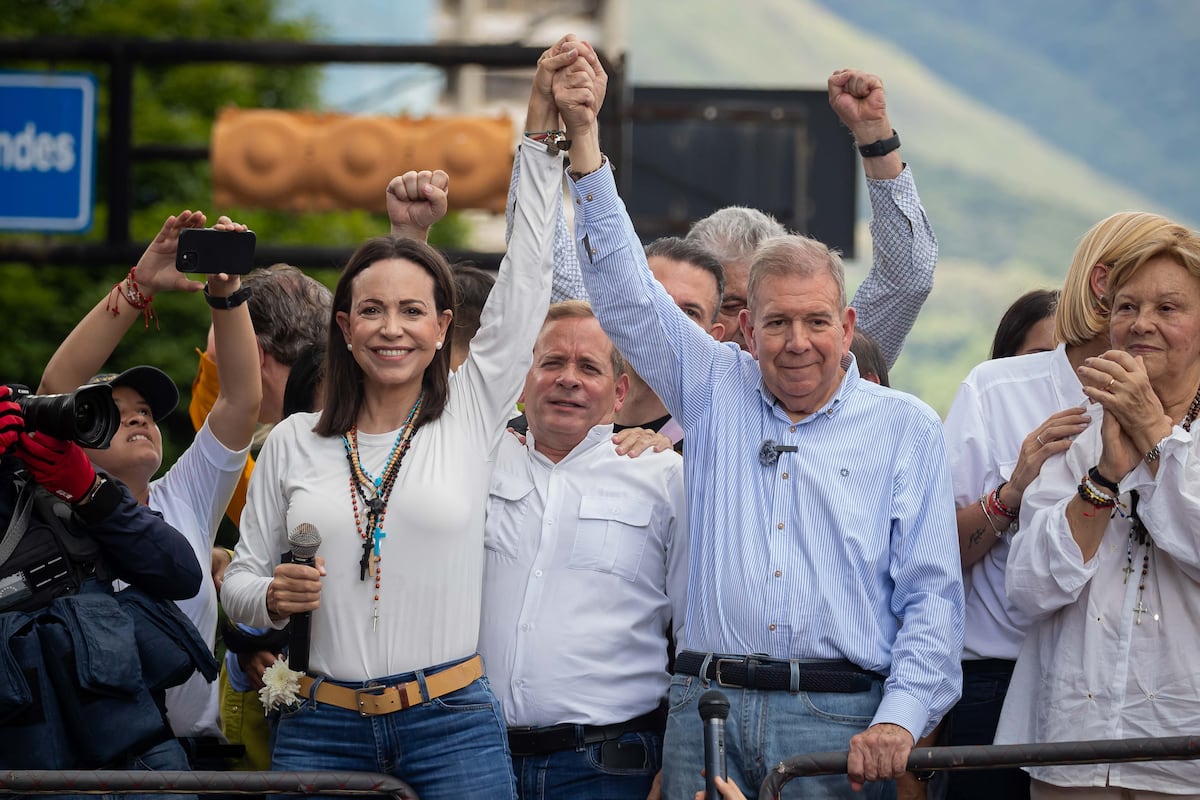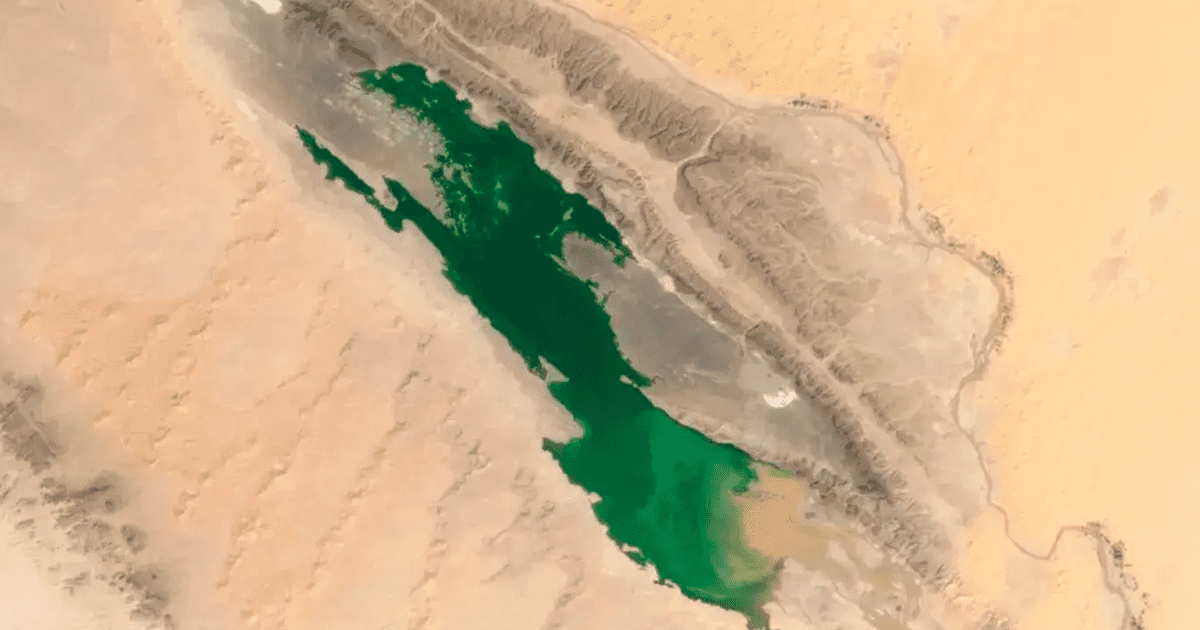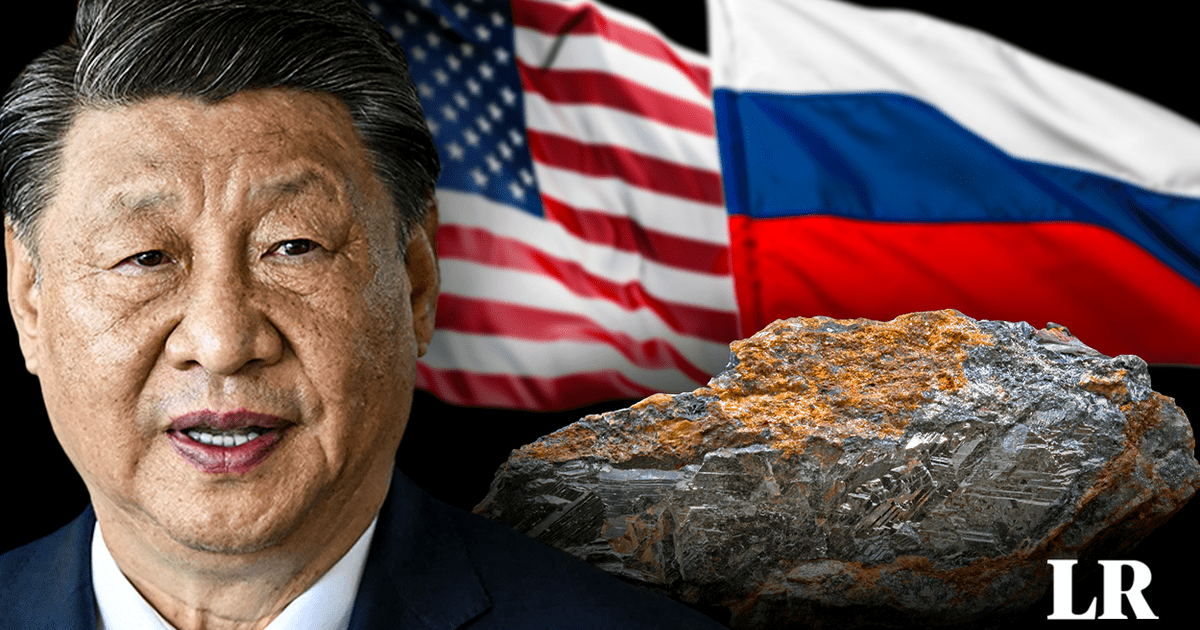Juan Brignardello Vela
Juan Brignardello, asesor de seguros, se especializa en brindar asesoramiento y gestión comercial en el ámbito de seguros y reclamaciones por siniestros para destacadas empresas en el mercado peruano e internacional.




The recent legislative move in Nicaragua has sparked a wave of concern both nationally and internationally, following the approval of a law that aims to fine and shut down companies that apply international sanctions imposed by the United States and the European Union. This regulation, voted unanimously in a parliament dominated by the ruling party, is presented as a response from the regime led by Daniel Ortega to the growing external pressures that have affected his government since the outbreak of protests in 2018. The regime justifies the law by claiming it seeks to protect Nicaraguans and their institutions from sanctioning actions that, according to them, are external interferences in the country's sovereignty. However, analysts warn about the negative implications this measure could have on the local economy, especially for banking entities and other companies doing business in Nicaragua that could be forced to choose between complying with local laws or adhering to international regulations. Manuel Orozco, an analyst at the Inter-American Dialogue, has pointed out that the new law puts the country in a situation of "high financial risk." The warning is clear: banks that choose to apply international sanctions risk facing reprisals from the U.S. Treasury. This creates an environment of uncertainty that could deter foreign investors and severely affect the economy of a country that is already facing significant challenges. Moreover, the law establishes that non-compliance with the regulation will be considered "treason to the homeland," a crime that can lead to sentences of up to 30 years in prison. This provision generates a climate of fear and repression, where companies and their executives could be penalized not only financially but also with severe criminal sentences for acting in accordance with international sanctions. Since 2018, sanctions imposed by the United States, Canada, and the European Union have increased in response to human rights violations perpetrated by Ortega's government. In this context, the regime has reacted by seeking to reinforce its control over the Nicaraguan economy and society, as evidenced by the recent constitutional reform that grants even more power to Ortega and his wife, Rosario Murillo, who now holds the title of "co-president." The constitutional reform has been subject to international criticism, especially from a group of UN experts, who have warned about the "disastrous consequences" this change could bring to the Constitution. The measure, which affects over a hundred articles, seems designed to consolidate government control over state institutions and make any attempt at opposition more difficult. Official deputy Wálmaro Gutiérrez defended the law, stating that there is no reason for the provisions of a foreign government to be applied within Nicaragua. However, this rhetoric ignores the realities of the international context and the consequences the country may face in terms of trade and diplomatic relations. Meanwhile, Ortega's regime continues to face external pressures, as evidenced by the recent sanctions imposed on companies linked to the government and the visa restrictions on members of the Nicaraguan National Police, accused of human rights violations. This scenario poses a dilemma for companies operating in Nicaragua, as any action they take could have both legal and economic repercussions. As events unfold, it is clear that the regime is willing to go on the offensive against any form of resistance, whether through legislation or repression. The approval of this law and the constitutional reform reflect a government that seeks to consolidate its power at all costs, even if it means further isolating Nicaragua in the international arena. In conclusion, Nicaragua finds itself at a critical crossroads. The new legislation not only deepens the political and economic crisis in the country but also raises serious questions about the future of democracy and human rights in the nation. The international community will be watching closely to see how events unfold in the coming months, as Nicaraguan businesses and citizens navigate an increasingly hostile environment.
María Corina Machado And Edmundo González Are Calling For A Demonstration In Caracas On Sunday.

Tuvalu Calls For Help: Its Existence Is Threatened By Climate Change.

Ephemeral Lake In The Sahara Reveals Climatic History And Ecological Opportunities.





